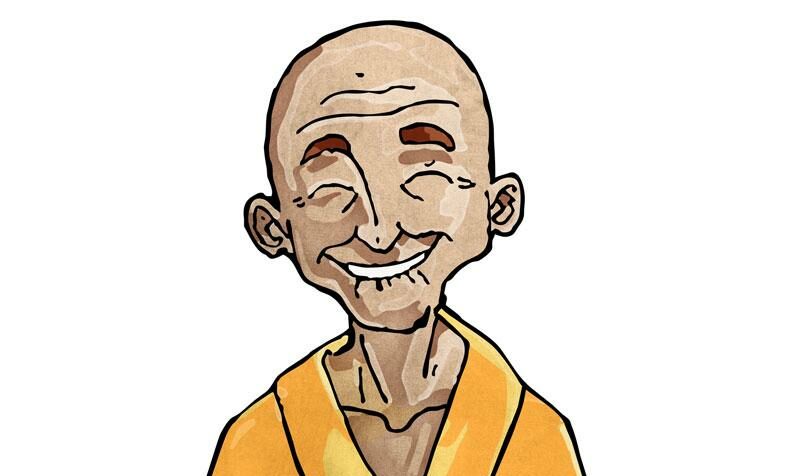The massive training drive for around 3,500 healthcare workers has begun in the national capital for the rolling out of Covid-19 vaccine.
The training session, which began on Monday, is being conducted at a centre run by the Directorate General of Health Services (DGHS) of Delhi government. The training is being done in a cascade model or top-down manner.
Delhi’s state immunisation officer and immunisation technical support unit of United Nations Development Programme have already received training from the Centre, and they have now started the state-level training in Delhi. Those who are trained in the current sessions will then train the officials across 11 districts of Delhi.
Dr Suneela Garg, the public health expert and advisor to the ICMR, has been appointed in the state Covid-19 task force for the Delhi vaccination programme.
“In Delhi, the vaccines will be first received at the Rajiv Gandhi Super Speciality Hospital from where it will be transported to Delhi’s 11 districts. The trainees are also being told how to handle ‘Co-WIN‘ software that will contain data of the beneficiaries,” said Dr Garg
Around 3,500 healthcare workers are being trained for the vaccine rollout, and out of these 1,800 healthcare workers will be deployed at 609 cold chain points across the city. Others will be involved as medical officers and inoculators at the vaccination booths.
At the vaccination booth, there will be three rooms – one each for waiting, vaccination and observation.
A team of six vaccinating officers would oversee the entire exercise. The first-level officer would verify a person, the second-level would see the documents and the third-level would see crowd management. The fourth-level officer would track adverse events for at least 30 minutes. Two vaccinating officers would directly inoculate the person. There would be an overall in-charge who would monitor the entire programme.
Only 100 people will be vaccinated at a particular booth in a day, said Dr Garg, adding that each person who gets the vaccine will be mandatorily kept under observation for 30 minutes to check for adverse effects.
In the training, vaccine officers will be apprised about vaccine safety, line-listing of beneficiaries, monitoring, vaccine logistics management and use of digital application CoWin.
On Tuesday, Dr V K Paul, Member, NITI Aayog, emphasised that the additional mechanism on adverse event reporting is being implemented, keeping in view the unique challenge of vaccinating a large adult population, most of who will have associated comorbidities.











